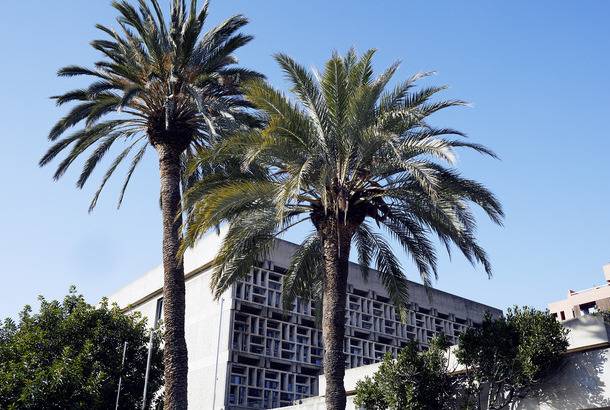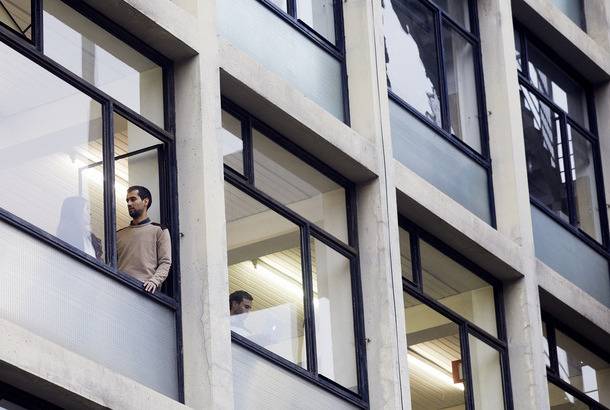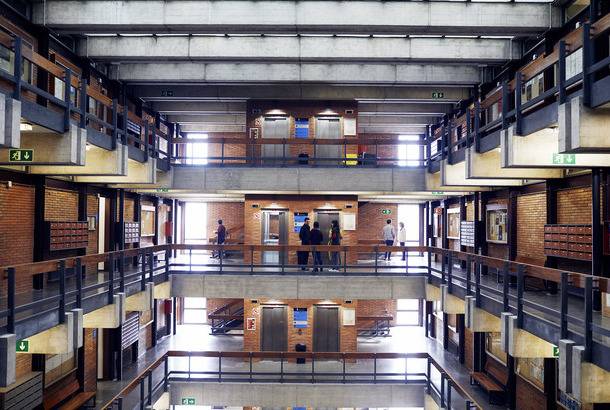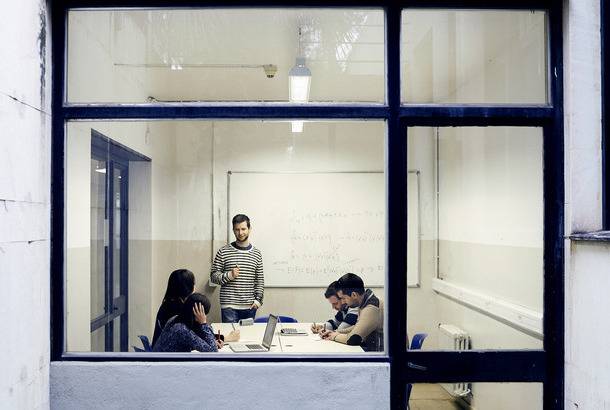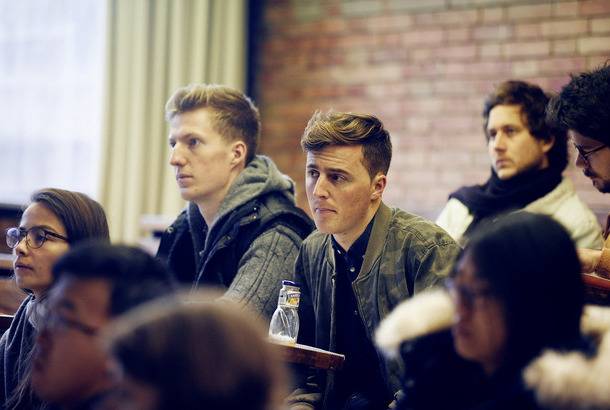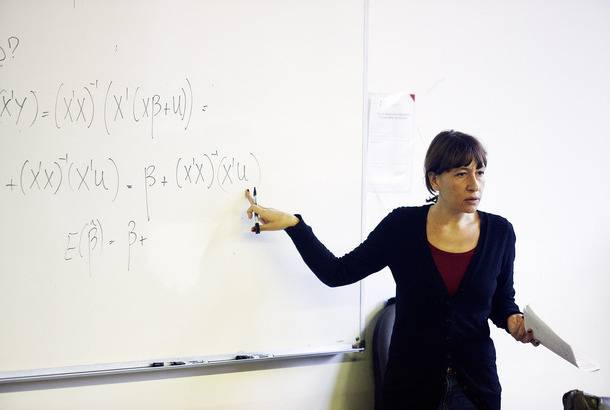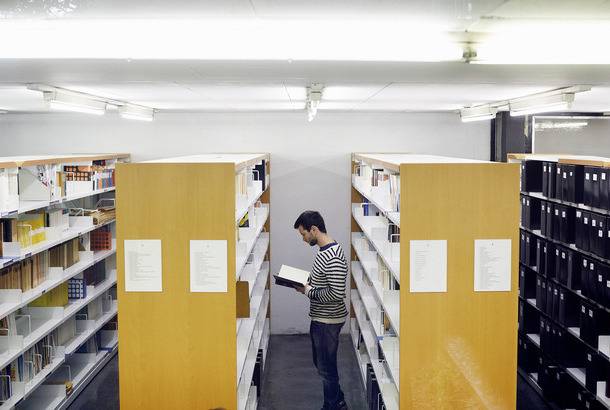The Economics of Poverty and Inequality: Global Challenges in the 21st Century
Summer schools
Summer School at the UB School of Economics is accredited in accordance with the European Credit Transfer System and will be recognized by the University of Barcelona as 3 ECTS credits.
Regular fees: 710 EUR
International Fees : 475 EUR
General fee: 710 euros*
Student fee: 475 euros
*25% discount on the general fee for early career researchers (within five years of the award of their PhD).
Fees cover: coffee breaks, welcome dinner, farewell cocktail and materials required for the course. They do not cover accommodation, transport or any other services.
Student fee eligibility: We will only consider you for the Student Reduced Fee if you are a full-time PhD or Master student enrolled at a university or college, or if you have just finished university or if you are starting university in the same year as the Summer School course. You will be asked to provide a proof of this status at the moment of the application.
Student scholarships
Master and PhD students seeking financial aid may apply for one of the five student scholarships available. Each scholarship covers the course tuition fees. Applicants should add (i) a cover letter and (ii) a support letter from their supervisor or professor to the online application form. Please note that candidates already graduated will not be eligible to apply for scholarships.
Deadline for registration including student scholarship application is April 30th, 2024. Applications will be reviewed by the Summer School academic coordinator. Priority will be given to those working on a clearly related topic.
Tuition fees already paid by participants awarded with one of the scholarships will be reimbursed as soon as possible.
Master and PhD students seeking financial aid may apply for one of the five scholarships available.
Laura Lagunas
One of the critical global challenges of the 21st century is to overcome poverty and address inequalities around the world. Consequently, goal number 1 of the sustainable development goals seeks to “end poverty in all its forms everywhere” while further goals aim for zero hunger, better health, better education and lower inequalities, among others.
This course will introduce participants to selected topics in research on poverty or inequality, which are essential for any attempt to meet this challenge, including questions of measurement, analysis, conceptual integration, available data and their limitation as well as the policy context of poverty measures.
This course has been primarily designed for master and PhD students. A background in statistics and econometrics is expected and prior knowledge in public economics or development economics is an advantage. While some lines of research involve formal reasoning, economic intuition is emphasised throughout the course. Lab sessions require basic Stata skills. Students are expected to bring their own notebooks, but a Stata license will be provided for the duration of the course. Finally, working language of the course will be English.
Academic Coordinator for the 2024 edition: Nicolai Suppa (University of Barcelona).
Lecturers
Nicolai Suppa is a Serra Húnter Lecturer in economics at the University of Barcelona. He is also research associate with the Oxford Poverty and Human Development Initiative (OPHI) at Oxford University. His research currently focuses on measurement analysis of multidimensional poverty, but he is also interested in research on the capability approach and subjective well-being. In his work with OPHI, he is currently co-leading the estimation of the global Multidimensional Poverty Index (MPI).
Natalie Naïri Quinn is Departmental Lecturer in the Department of Economics and Fellow and Tutor in Economics Lady Margaret Hall, both in the Oxford University. Her research interests lie in the intersection of welfare economics and development economics, with a focus on measurement of socioeconomic outcomes including poverty and empowerment.
Guest lecturers
Iñaki Permanyer (Center for Demographic Studies at the Autonomous University of Barcelona)
Xavier Ramos (Autonomous University of Barcelona)
Jordi Teixidó (University of Barcelona)
Sabina Alkire (Oxford University)
Samuel Kofi Tetteh Baah (The World Bank)
Christian Oldiges (United Nations Economic and Social Commission for West Asia)
Course outline
The course will introduce students into key topics of research on poverty and inequality, including
- a theoretical angle on related measures in terms of their desirable properties
- a conceptual integration into existing frameworks such as social choice theory and the capability approach
- monetary, non-monetary, and multidimensional accounts of poverty and inequality
- prominent global poverty measures
- conventional and novel forms of empirical analyses
- key findings and stylised facts of poverty and inequality around the world
The course will feature global analyses where feasible and add a gender perspective where data permits. The course will also present key data sources and highlight current limitations.
Lectures are complemented with lab session where students may deepen their understanding of measures and analyses, learn how to replicate selected official poverty estimates and access key databases.



